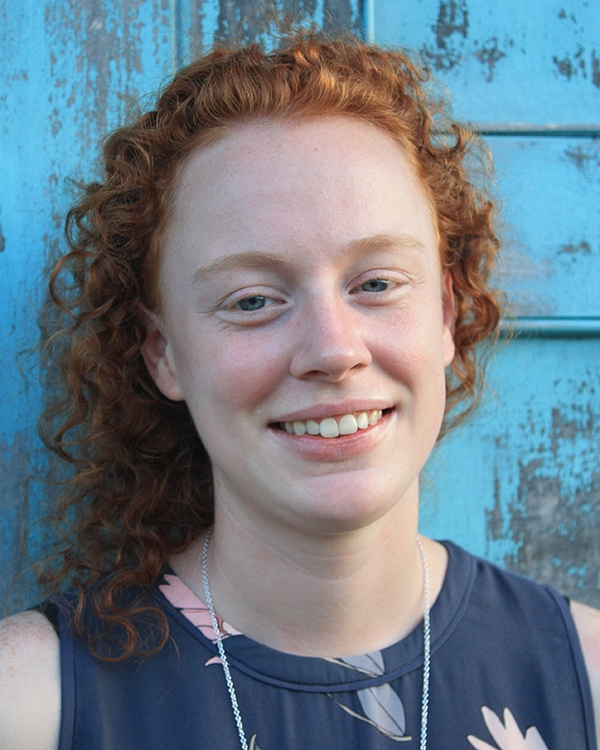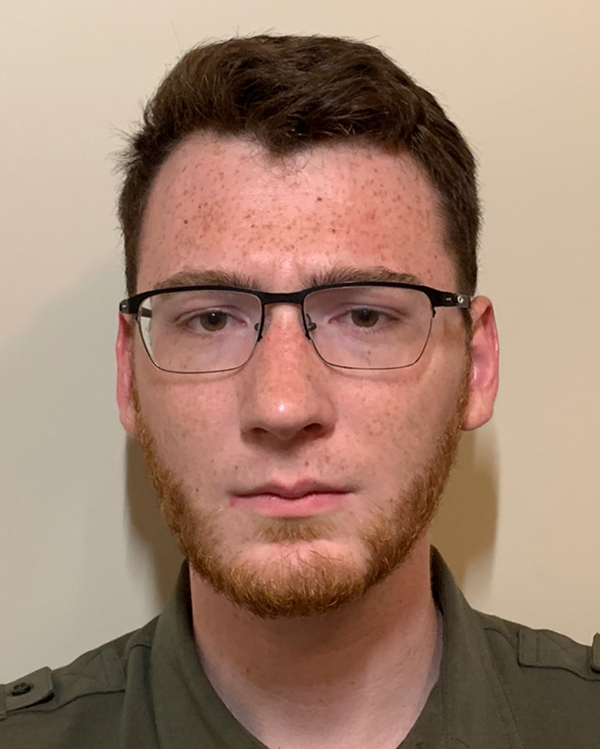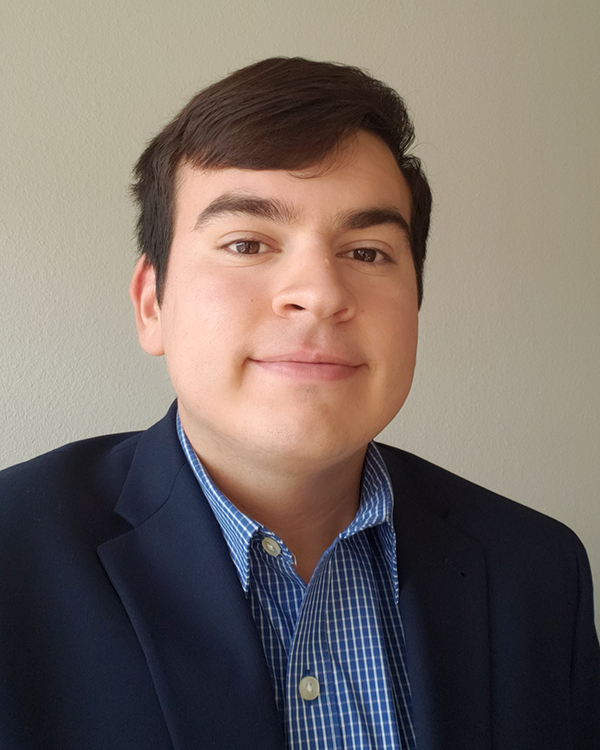
The Texas A&M Energy Institute is proud to announce the three selected students for the 2019 Texas A&M Energy Institute Student Research Internship Program. Julie Cook, Andrew Farquhar, and Joshua McElrath conducted hands-on energy research for two months during the Summer 2019 semester under the supervision of one of the Texas A&M Energy Institute’s Faculty Affiliates.
Offering full-time paid internships to junior-level Texas A&M University students, the Student Research Internship Program targets undergraduate students at Texas A&M University who are interested in conducting energy-related research.
It is expected that exceptional research results will be developed through this ongoing program, some of which could contribute to a journal publication or be presented at a local or national conference.
A total of 30 students applied from the Texas A&M University Department of Accounting, Department of Aerospace Engineering, Department of Atmospheric Sciences, Department of Chemistry, Artie McFerrin Department of Chemical Engineering, Zachry Department of Civil Engineering, Department of Electrical & Computer Engineering, Department of Geology and Geophysics, Department of International Studies, Department of Industrial and Systems Engineering, Department of Landscape Architecture & Urban Planning, J. Mike Walker ’66 Department of Mechanical Engineering, Department of Materials Science & Engineering, Department of Nuclear Engineering, and Harold Vance Department of Petroleum Engineering.
After a rigorous review process, three students were selected and participated in the two-month program in June and July. A description of each of their research projects is provided below:
Description of Internship Research: There is an increasing demand for renewable power capacity in Texas due to the growing population statewide as well as growing environmental concerns due to the widespread use of fossil fuels. The aim of this research project is to model and optimize the allocation of renewable energy generation and storage technologies considering various objectives, such as cost and environmental impact, and scenarios, such as land constraints and varying energy demands. I conducted this research through detailed high fidelity modeling and nonlinear optimization to obtain energy output profiles of various renewable energy generation technologies, including solar farms, wind farms, and biomass. I then used the derived profiles as inputs to a linear optimization program to obtain the optimal allocation for each scenario. I discovered that varying the restrictions placed on the model, such as limiting land area or water availability, can greatly affect the optimum energy production and storage methods. The outcomes of my research stress the significance of geographic factors and energy demand profiles for the optimal allocation of renewable energy generation and storage systems.
Description of Internship Research: In light of increasing hurricane risks to the Gulf Coast, this research sought to evaluate the relationship between material hurricane hazards to energy infrastructure in the region and the allocation of relevant federal aid. Five Gulf Coast states (Alabama, Florida, Louisiana, Mississippi, and Texas) were compared to which degree their energy infrastructure was located in hurricane and/or flood frequent counties. This metric was then, in turn, compared with federal funding to energy programs for the states (namely, State Energy Programs and ARRA energy emergency preparation funding) per capita to determine if the distribution matched the states’ relative energy infrastructure risks. The implications of this data are germane primarily to the Gulf Coast, a rapidly developing portion of the country; however, apparent trends could likewise represent weaknesses in regards to the national response to disasters more generally. A geographic analysis was done through ArcGIS 10.5.1 software.
Description of Internship Research: BLEVE is a type of disaster that can develop rapidly, give little to no warning, and cause devastating damage. If a liquid fluid is allowed to surpass its superheat limit, it will undergo a bulk phase transition, expanding in volume by multiple orders of magnitude resulting in a physical explosion of vapor. By incorporating thermodynamic equations of state and numerical methods into theoretical models of this process, hardline limits to prevent such accidents from occurring can be generated. The focus of this research is to elucidate the limits of these systems and develop safety margins for this type of failure mode. These parameters can be used by any industry which works with pressurized vessels, from the liquid fuel and oxidizer tanks used within the aerospace industry to the liquified petroleum gas (LPG) used in many households. Our understanding of BLEVE may not be complete, as it is a phenomenon that encompasses multiple esoteric disciplines, yet it can be proactively prevented and that may prove to create a safer world, both within the industry and at home.



